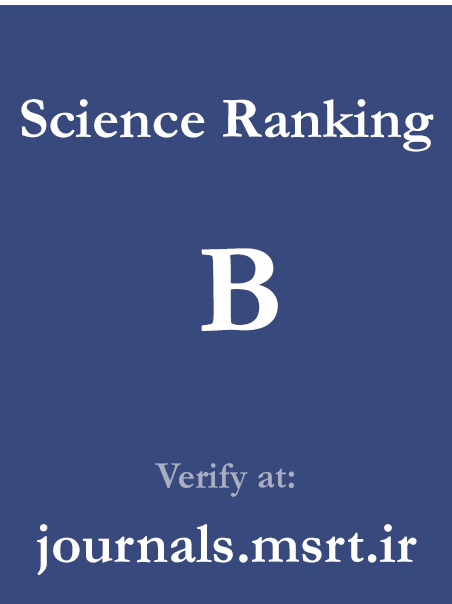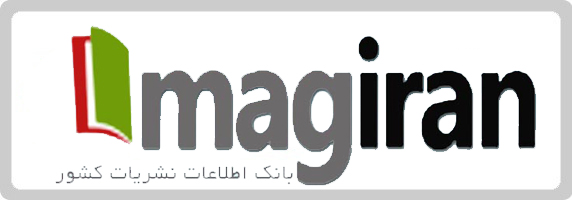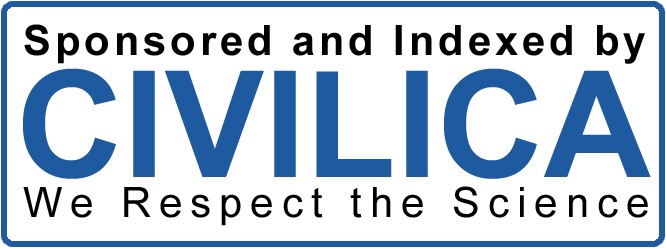Exploration of the Emerging Patterns of EFL Learners' Written Languaging and Their Effect on Writing Accuracy
Keywords:
languaging, L2 writing, reformulation, revision, lexis, grammarAbstract
This study aims at exploring the effects of written languaging about the reformulation provided on draft essays written by 22 Iranian learners of English during a three-stage task and within a pre-test-treatment-post-test design. The effect of the type (grammar-based vs. lexis-based) of written languaging was assessed by subsequent text revision. Three major findings emerged. First, written languaging about reformulation on linguistic errors in the first essay helped learners successfully correct these errors during immediate revision. Second, three categories were identified in participants' produced languaging episodes. Third, both lexis- and grammar-based written languaging were associated with improved accuracy. These findings appear to support Swain's (2006) claim that providing learners with the opportunity to language about or reflect on their developing linguistic knowledge in the course of L2 learning mediates L2 learning and development. Theoretical and pedagogical implications are also discussed.
Downloads
References
1. Swain M, Watanabe Y. Languaging: Collaborative dialogue as a source of second language learning. In: Swain M, editor. The encyclopedia of applied linguistics: Hoboken, NJ: Blackwell; 2013.
2. Brooks L, Swain M, Lapkin S, Knouzi I. Mediating between scientific and spontaneous concepts through languaging. Language Awareness. 2010;19(2):89-110. doi: 10.1080/09658410903440755.
3. Knouzi I, Swain M, Lapkin S, Brooks L. Self‐scaffolding mediated by languaging: microgenetic analysis of high and low performers. International Journal of Applied Linguistics. 2010;20(1):23-49. doi: 10.1111/j.1473-4192.2009.00227.x.
4. Swain M, Lapkin S, Knouzi I, Suzuki W, Brooks L. Languaging: University students learn the grammatical concept of voice in French. The Modern Language Journal. 2009;93(1):5-29. doi: 10.1111/j.1540-4781.2009.00825.x.
5. Yoshida R. Functions of repetition in learners' private speech in Japanese language classrooms. Language Awareness. 2008;17:289-306. doi: 10.1080/09658410802146909.
6. Lee J. Gesture and private speech in second language acquisition. Studies in Second Language Acquisition. 2008;30:169-90. doi: 10.1017/S0272263108080303.
7. Manchón RM. Writing to learn the language: Issues in theory and research. In: Manchón RM, editor. Learning-to-write and writing-to-learn in an additional language: Amsterdam: John Benjamins; 2011. p. 61-82.
8. Williams J. The role(s) of writing and writing instruction in L2 development. Journal of Second Language Writing. 2012;21:321-31. doi: 10.1016/j.jslw.2012.09.007.
9. Suzuki W. Written Languaging, Direct Correction, and Second Language Writing Revision. Language Learning. 2012;62(4):1110-33. doi: 10.1111/j.1467-9922.2012.00720.x.
10. Suzuki W. Improving Japanese university students' second language writing accuracy: Effects of languaging. Annual Review of English Language Education in Japan. 2009;20:81-90. doi: 10.20581/arele.20.0_81.
11. Ishikawa M. Examining the effect of written languaging: the role of metanotes as a mediator of second language learning. Language Awareness. 2013;22(3):220-33. doi: 10.1080/09658416.2012.683435.
12. Ishikawa M, Suzuki W. Effects of written languaging on second language learning: Mediating roles of aptitude. The Modern Language Journal. 2023;107:95-112. doi: 10.1111/modl.12817.
13. Yang L. Languaging in story rewriting tasks by Chinese EFL students. Language Awareness. 2016;25:241-55. doi: 10.1080/09658416.2016.1197230.
14. Lázaro-Ibarrola A. Reformulation and Self-correction: Insights into correction strategies for EFL writing in a school context. Vigo International Journal of Applied Linguistics. 2013;10:29-49.
15. Moradian MR, Miri M, Hossein Nasab M. Contribution of written languaging to enhancing the efficiency of written corrective feedback. International Journal of Applied Linguistics. 2015;27(2):406-26. doi: 10.1111/ijal.12138.
16. Niu R, Li L. A review of studies on languaging and second language learning (2006-2017). Theory and Practice in Language Studies. 2017;7(12):1222-8. doi: 10.17507/tpls.0712.08.
17. Ammar A, Hassan RM. Talking it through: Collaborative dialogue and second language learning. Language Learning. 2017;68:46-82. doi: 10.1111/lang.12254.
18. Storch N, Wigglesworth G. Learners' processing, uptake and retention of corrective feedback on writing. Studies in Second Language Acquisition. 2010;32:303-34. doi: 10.1017/S0272263109990532.
19. Storch N. Metatalk in a pair work activity: Level of engagement and implications for language development. Language Awareness. 2008;17(2):95-114. doi: 10.1080/09658410802146644.
20. Sun J, Motevalli S, Chan NN. Exploring Writing Anxiety during Writing Process: An Analysis of Perceptions in Chinese English as a Foreign Language (EFL) Learners. Qualitative Research in Education. 2024:1-16. doi: 10.17583/qre.12938.
21. Xu J, Wang Y. The impact of academic buoyancy and emotions on university students’ self-regulated learning strategies in L2 writing classrooms. Reading and Writing. 2024;37(1):49-67. doi: 10.1007/s11145-023-10411-9.
22. Faramarzi Babadi S, Eskandari Asl HA, Dolatyari F, Alipoor H. Limitations of English Language Learning in Universities of Chaharmahal and Bakhtiari Province and Strategies to Overcome Them. Iranian Journal of Educational Sociology. 2024;7(1):124-32. doi: 10.61838/kman.ijes.7.1.12.
23. Azimian E, Rouhi A, Jafarigohar M. Written languaging, reformulation and EFL learners' writing accuracy. Porta Linguarum. 2023;40(2):75-91. doi: 10.30827/portalin.vi40.23981.
24. Salajegheh N, Hassani S. The effect of technology and online learning on EFL learners' writing skills and self-concept. Journal of New Perspectives in English Language Learning. 2023:65-76.
25. Rafizade Tafti MR, Rahimi Esfahani F, Shafiee S. The Impact of Audio Corrective Feedback on Iranian EFL Learners’ Writing Improvement at Micro and Macro levels: Static and Dynamic Assessment in Focus. iase-idje. 2023;6(3):204-15. doi: 10.61186/ijes.6.3.204.
Downloads
Published
Submitted
Revised
Accepted
Issue
Section
License
Copyright (c) 2025 Ehsanollah Azimian; Afsar Rouhi, Manouchehr Jafarigohar, Fatemeh Hemmati (Author)

This work is licensed under a Creative Commons Attribution-NonCommercial 4.0 International License.




